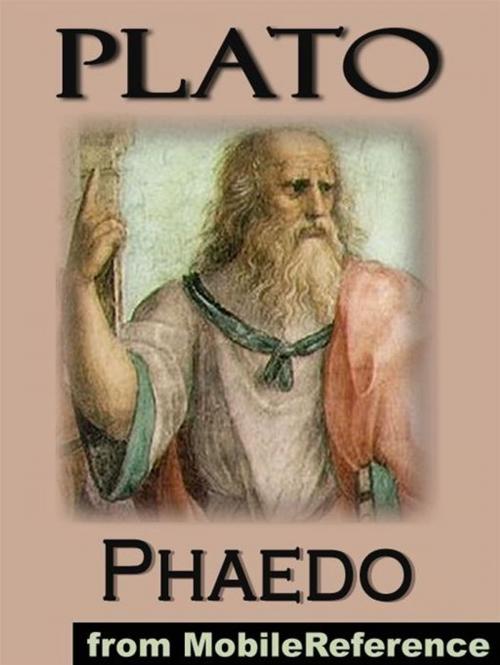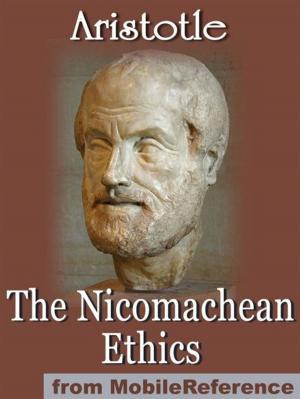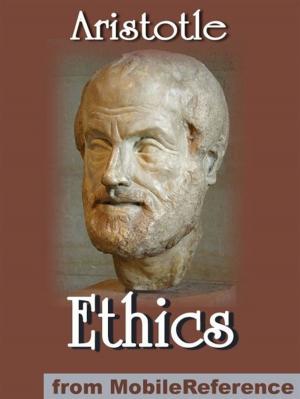Phaedo (Mobi Classics)
Nonfiction, Religion & Spirituality, Philosophy, Logic, History, Ancient History, Greece| Author: | Plato, Benjamin Jowett (Translator) | ISBN: | 9781605018904 |
| Publisher: | MobileReference | Publication: | January 1, 2010 |
| Imprint: | MobileReference | Language: | English |
| Author: | Plato, Benjamin Jowett (Translator) |
| ISBN: | 9781605018904 |
| Publisher: | MobileReference |
| Publication: | January 1, 2010 |
| Imprint: | MobileReference |
| Language: | English |
Plato's Phaedo is one of the great dialogues of his middle period, along with the Republic and the Symposium. The Phaedo is also Plato's fifth and last dialogue (the first four being Euthyphro, Apology, Crito and Meno) which details the final days of Socrates and contains the scene of his death. The dialogue is told from the perspective of one of Socrates' students, Phaedo of Elis. Having been present at Socrates' death bed, Phaedo relates the dialogue to Echecrates, a fellow philosopher. Excerpted from Wikipedia, the free encyclopedia.
Plato's Phaedo is one of the great dialogues of his middle period, along with the Republic and the Symposium. The Phaedo is also Plato's fifth and last dialogue (the first four being Euthyphro, Apology, Crito and Meno) which details the final days of Socrates and contains the scene of his death. The dialogue is told from the perspective of one of Socrates' students, Phaedo of Elis. Having been present at Socrates' death bed, Phaedo relates the dialogue to Echecrates, a fellow philosopher. Excerpted from Wikipedia, the free encyclopedia.















